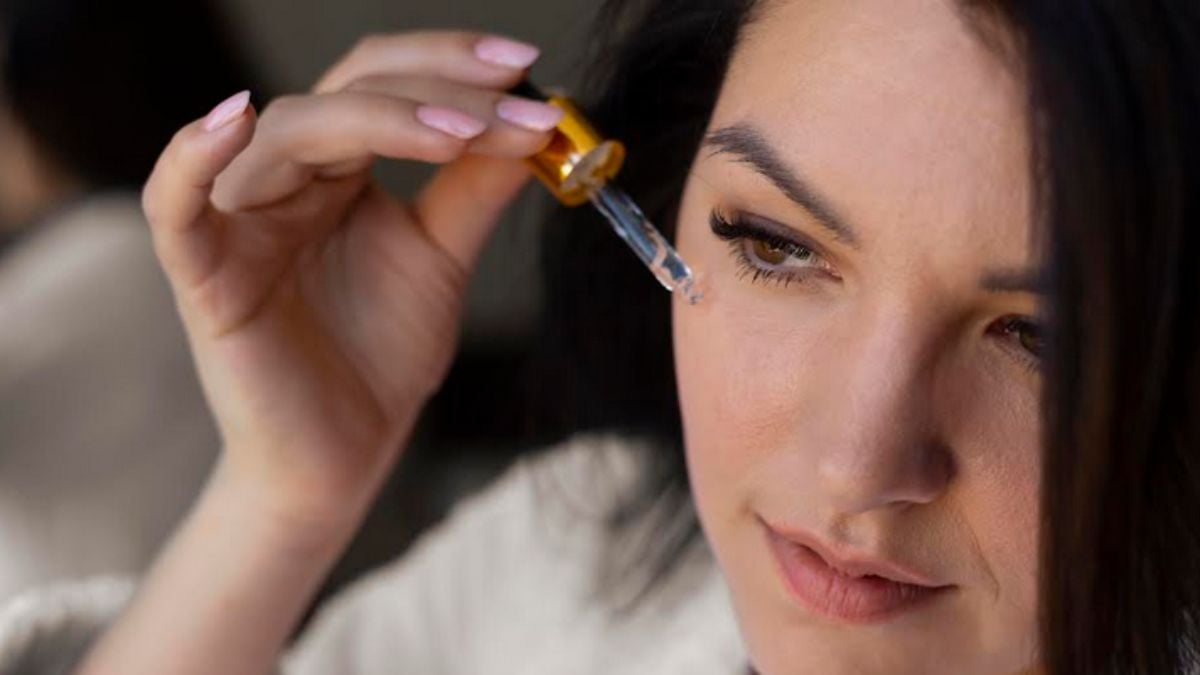Hypochlorous acid represents a shift toward gentler, skin-compatible solutions that effectively address common skin issues without compromising the skin barrier. So what is the real deal about HOCI? Experts weigh in.
Disinfectant cues
Originally used in medical and wound care settings for its antimicrobial properties, HOCl has now transitioned into skincare as a safe and versatile ingredient. Its appeal arises from a growing need for simple, non-irritating products that provide benefits without compromising skin health. “HOCl works as a powerful disinfectant, combating bacteria, viruses, and fungi while being non-toxic and suitable for even sensitive skin. It aligns perfectly with the trend of gentle yet effective skincare, appealing to those looking to address inflammation, acne, and redness,” says Dr Trishna Gupte, Clinical Cosmetologist, Founder and owner, Cosmo-Square clinic, ISCA Institute.
Advantages galore
HOCl has a variety of skin health benefits, making it especially useful for people who have sensitive or acne-prone skin. Its antibacterial effect helps to eliminate bacteria that cause acne and other illnesses, resulting in a cleaner complexion. Inara, Co-founder, Rivona Naturals, adds, “Hypochlorous acid has always been in skincare, just nicely concealed in our white blood cells. Many brands are using it topically and it is becoming popular because it is a simple sensitive skin friendly ingredient that has multiple benefits. It is anti-bacterial and anti-inflammatory. It can be used to prevent acne, reduce body odour, reduce back acne, calm itching, calm redness and so much more.”
It has anti-inflammatory properties soothe irritated skin, minimising redness and calming flare-ups commonly associated with conditions like rosacea or eczema. HOCl also enhances the skin’s natural healing process, allowing for speedier recovery from cuts, abrasions, and blemishes. “Despite its efficiency, it is gentler than harsh astringents or alcohol-based disinfectants since it protects the skin’s natural oils, making it appropriate for sensitive or impaired skin types,” adds Gupte.
Take care
While hypochlorous acid is generally safe for all skin types, anyone with a history of hypersensitivity to comparable substances or serious skin disorders should visit a dermatologist before using it. Individuals who experience chronic dryness or discomfort should discontinue use and seek expert help. Dr. Sagar Gujjar, Dermatologist (IFAAD), Founder and Head, Skinwood Clinic says, “generally, HOCl is safe for most skin types, but those with a known allergy or sensitivity to the compound should avoid it. Additionally, if pregnant or undergoing certain skin treatments, consult a dermatologist before introducing HOCl into your routine.
“Do a patch test before first use, especially if you have sensitive skin, to check for any unexpected reaction. Apply on clean skin to allow it to work effectively. You can layer a moisturiser over it if needed to lock in hydration. Use as directed by your dermatologist or according to product instructions, as HOCl formulations vary in concentration. Avoid applying to open wounds or raw skin, as it may sting; use on intact skin only.”
Versatile fix
Hypochlorous acid’s versatility goes beyond direct skincare. It is a wonderful tool for hygiene, as it reduces bacterial exposure from external sources such as phones, masks, and regularly touched surfaces. “It’s available in various formats, mists, serums, and toners which provide flexibility for different skin types and needs.
Additionally, as a non-toxic and environmentally safe compound, it aligns well with the growing demand for sustainable skincare ingredients,” says Gujjar. However, it is important to remember that while HOCl offers antimicrobial and anti-inflammatory benefits, it doesn’t provide anti-aging or skin-brightening effects. Pairing it with other targeted ingredients like antioxidants or peptides can offer a more comprehensive skincare routine tailored to your needs. Being gentle and non-irritating, it is suitable for people with sensitive skin types who need effective skincare without harsh side effects. Ready to give your skin a hypochlorous high?
Tips
Use it as a gentle toner or facial mist to refresh and soothe the skin.
Apply it on blemishes to aid healing and prevent infection.
Incorporate it into your routine as a cleansing step for makeup tools and brushes to avoid bacterial transfer.
Avoid overusing it, as excessive application might cause dryness. Always follow up with a moisturiser.
Keep it away from the eyes, as it can cause irritation if it comes into contact with them.

